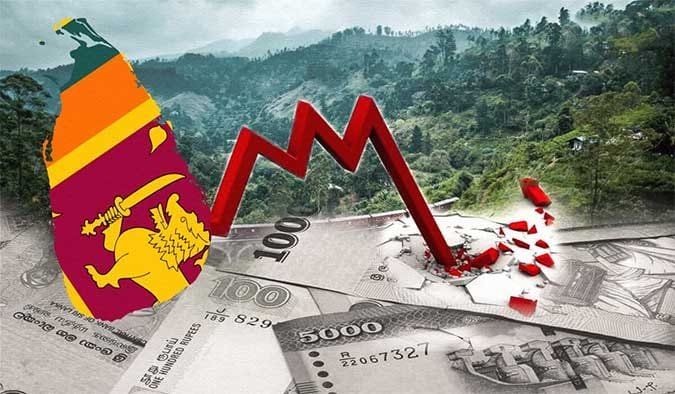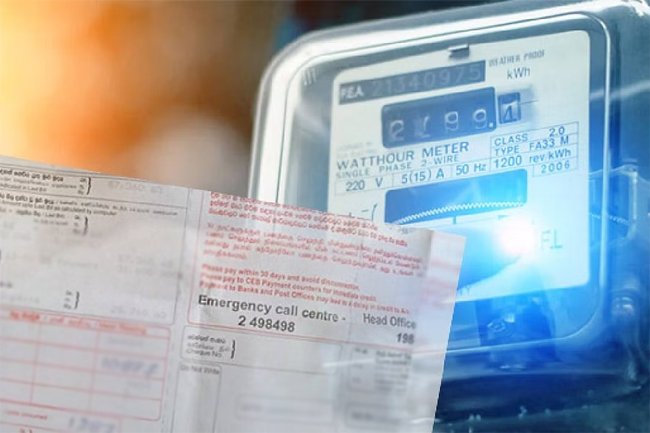A high-level delegation from the International Monetary Fund (IMF) arrived in Sri Lanka on October 2nd, 2024, for crucial discussions with the newly formed government led by President Anura Kumara Dissanayake. This meeting is an important step in Sri Lanka’s ongoing efforts to stabilize its economy and continue its partnership with the IMF.(IMF team meets Govt)
The main purpose of the visit was to evaluate the progress of the IMF’s Extended Fund Facility (EFF) program, which involves a $2.9 billion financial support package aimed at assisting Sri Lanka’s economic recovery. This specific visit is focused on moving towards the release of the fourth tranche of the financial aid, a vital step for the country as it continues its reform efforts.
Discussions at the Presidential Secretariat

The meeting took place at the Presidential Secretariat, where representatives from the IMF and Sri Lanka’s Economic Policy Council gathered for talks. Both parties reviewed the current status of the IMF program and exchanged ideas on the way forward.
The atmosphere was described as cordial, with both sides expressing optimism about future collaboration. The IMF delegation recognized the significant steps the new government has taken to address the country’s economic challenges and showed a positive outlook for Sri Lanka’s future under the leadership of President Dissanayake.
IMF Delegation: Key Members
The IMF delegation included several key figures, such as:
- Dr. Peter Breuer, Senior Mission Chief
- Dr. Sarwat Jahan, Resident Representative
- Manavee Abeyawickrama, Economist
These IMF officials have been closely involved in monitoring Sri Lanka’s economic progress and are well-versed in the specific needs and challenges the country is facing.
Sri Lankan Representation
On behalf of Sri Lanka, the meeting was attended by key members of the Economic Policy Council, including:
- Dr. Harshana Suriyapperuma, Chair of the Economic Policy Council
- Prof. Anil Jayantha, Senior Advisor to the President on Economic Affairs and Finance
- Sunil Handunnetti, Member of the Economic Policy Council
- Prof. Seetha Bandara Ranathunga
- Sunil Gamage
- Duminda Hulangamuwa, Senior Advisor to the President
- Dr. Nandasiri Kihimbiyahetti
- Prof. O.G. Dayaratne Banda
- Amarasena Athukorala
These individuals play a key role in shaping the country’s economic policies and ensuring that Sri Lanka stays on track with its reform agenda. Their presence highlights the importance the government places on maintaining a strong relationship with the IMF.
A Positive Outlook for Sri Lanka
The IMF team acknowledged the considerable progress Sri Lanka has made in recent months, especially under the new leadership. The government has implemented a series of reforms designed to improve economic stability, reduce inflation, and create a more sustainable financial framework for the future.
This positive assessment by the IMF is an encouraging sign for Sri Lanka as it looks to secure the next installment of the $2.9 billion financial package. The release of the fourth tranche would provide much-needed financial support to the country and demonstrate international confidence in the new government’s ability to manage the economy.
Key Areas of Discussion

Several important topics were covered during the meeting, including:
- Economic Stability: Both the IMF and Sri Lankan officials discussed the importance of maintaining a stable economy. This includes controlling inflation, managing debt levels, and ensuring that the country remains on a sustainable financial path.
- Structural Reforms: The need for further structural reforms was highlighted, particularly in areas such as taxation, public spending, and governance. These reforms are crucial to ensuring long-term economic growth and stability.
- Public Debt Management: Managing Sri Lanka’s public debt remains a top priority. The IMF team emphasized the importance of continuing efforts to restructure the country’s debt in a way that is both fair and sustainable.
- Social Welfare Programs: The delegation also discussed the need to balance economic reforms with social welfare programs, ensuring that the most vulnerable members of society are protected during this period of economic adjustment.
- Boosting Investor Confidence: Another key topic was how Sri Lanka can attract more foreign investment. The government is working on creating a more favorable business environment, which is essential for driving economic growth and creating jobs.
Reinforcing Commitment to Economic Reforms
This meeting marks an important milestone in Sri Lanka’s journey toward economic recovery. The discussions with the IMF delegation reinforced the government’s commitment to implementing the necessary reforms and maintaining strong international partnerships.
The release of the fourth tranche of the Extended Fund Facility would be a significant achievement for Sri Lanka, as it would provide additional financial support to help the country stabilize its economy and continue its reform efforts. This support is critical for Sri Lanka as it works to reduce its debt burden, improve public finances, and restore investor confidence.
Conclusion
The visit from the IMF delegation signals the continued importance of international cooperation in Sri Lanka’s economic recovery. The discussions held at the Presidential Secretariat reflect a mutual understanding between the IMF and the Sri Lankan government regarding the path forward.
With the positive feedback from the IMF, Sri Lanka is on track to secure the next tranche of financial assistance, which will be crucial in helping the country navigate its economic challenges. By staying committed to its reform agenda and working closely with international partners, Sri Lanka has the opportunity to build a more stable and prosperous future.
This collaboration between the IMF and Sri Lanka serves as a reminder that strong economic policies and international support are key to overcoming financial difficulties and ensuring long-term success.












